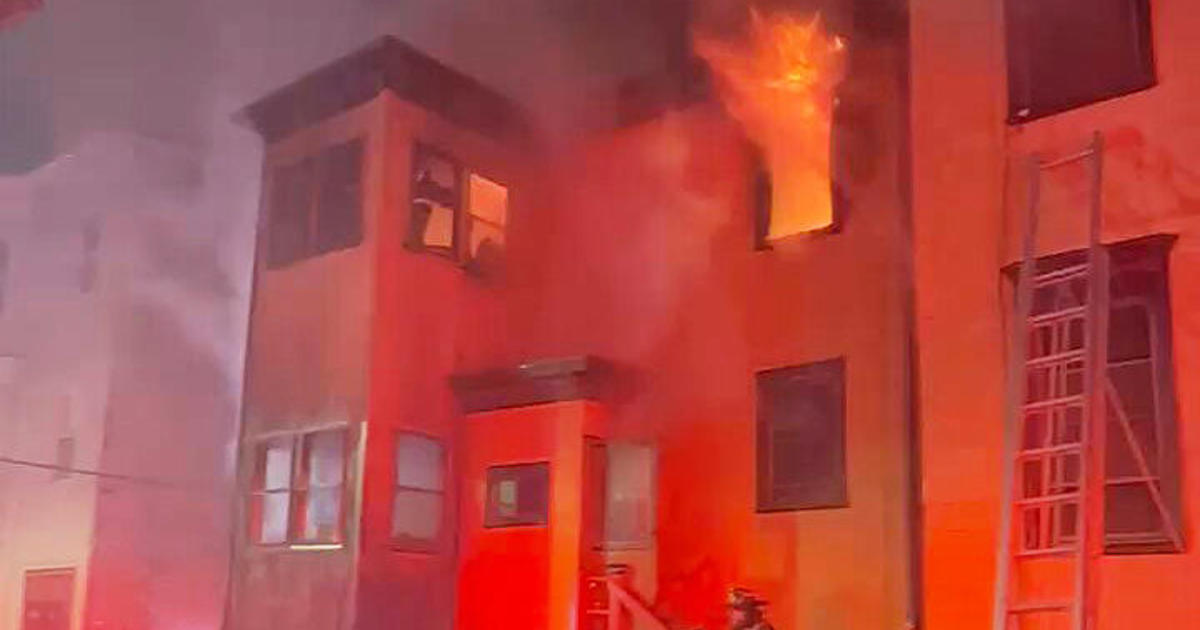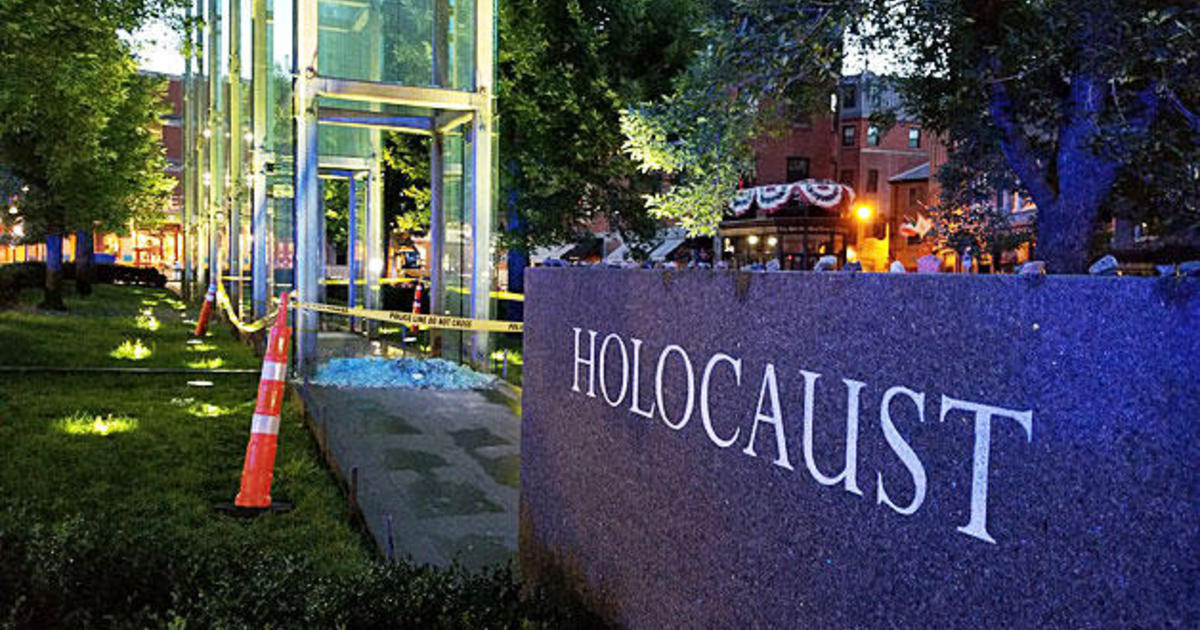Walsh: Ending Temporary Protection For Haitians 'Contrary To Our Values'
WASHINGTON (CBS/AP) — The Trump administration said it is ending a temporary residency permit program that has allowed almost 60,000 citizens from Haiti to live and work in the United States since a powerful earthquake shook the Caribbean nation in 2010.
The Homeland Security Department said conditions in Haiti have improved significantly, so the benefit will be extended one last time — until July 2019 — to give Haitians time to prepare to return home.
"Since the 2010 earthquake, the number of displaced people in Haiti has decreased by 97 percent," the department said in a statement issued Monday evening. "Haiti is able to safely receive traditional levels of returned citizens."
Advocates and members of Congress from both parties had asked the Trump administration for an 18-month extension of the program, known as Temporary Protected Status. Haitian President Jovenel Moise's government also requested the extension.
Boston Mayor Marty Walsh weighed in on the decision, saying that Haitians living in Boston and other places around the country "contribute to our economy, our community, and our country."
Walsh added that the United States Citizenship and Immigration Services reports there are over 12,000 Massachusetts residents with Temporary Protected Status. Among those are 5,000 from Haiti.
In Boston specifically, Haitians are the third most populous immigrant community, Walsh said.
Advocates for Haitians quickly criticized the decision to make this the last extension, arguing the conditions in the island nation haven't improved nearly enough for Haitians to be deported.
Amanda Baran, policy consultant at the Immigrant Legal Resource Center, called the termination of the status a "heartless decision" and said the Trump administration has no plan in place for the U.S.-born children who may now lose their Haitian parents and caregivers to deportation.
While Haiti has made advances spurred by international aid since the quake, it remains one of the poorest nations in the world. More than 2.5 million people, roughly a quarter of the population, live on less than $1.23 a day, which authorities there consider extreme poverty.
The United Nations last month ended a peacekeeping mission in Haiti that, at its peak, included more than 10,000 troops. Its new mission is comprised of about 1,300 international civilian police officers and 350 civilians who will help the country try to reform a deeply troubled justice system.
The Homeland Security Department made its announcement 60 days before temporary status for the Haitians is set to expire. In May, the agency extended the program for only six months instead of the customary 18, and urged Haitians under the program to get their affairs in order and prepare to go home.
The temporary status covers some 435,000 people from nine countries ravaged by natural disasters or war, who came to the U.S. legally or otherwise. Days after a 7.0-magnitude earthquake devastated Haiti in January 2010, President Barack Obama granted the 18-month protection status for Haitians in America who would otherwise have had to go home. Obama renewed it every time it ran out.
Monday's decision doesn't affect thousands of Haitians who were taken in by Brazil and other South American countries after the earthquake and began making their way to the United States last year. U.S. Customs and Border Protection says 6,424 Haitians showed up at border crossings with Mexico during the 12-month period that ended Sept. 30, up from only 334 a year earlier. They were generally paroled to live in the United States on humanitarian grounds.
Since taking office, Trump has ended temporary permit programs for Sudan and Nicaragua. He postponed until next July a decision on how to deal with a similar program for 86,000 residents from Honduras.
U.S. officials have said conditions in Haiti have significantly improved since the disaster. But advocates for Haitians say a persistent cholera epidemic and damages caused by three hurricanes since 2016 exacerbate the difficulty for returning Haitians.
(© Copyright 2017 CBS Broadcasting Inc. All Rights Reserved. The Associated Press contributed to this report.)



